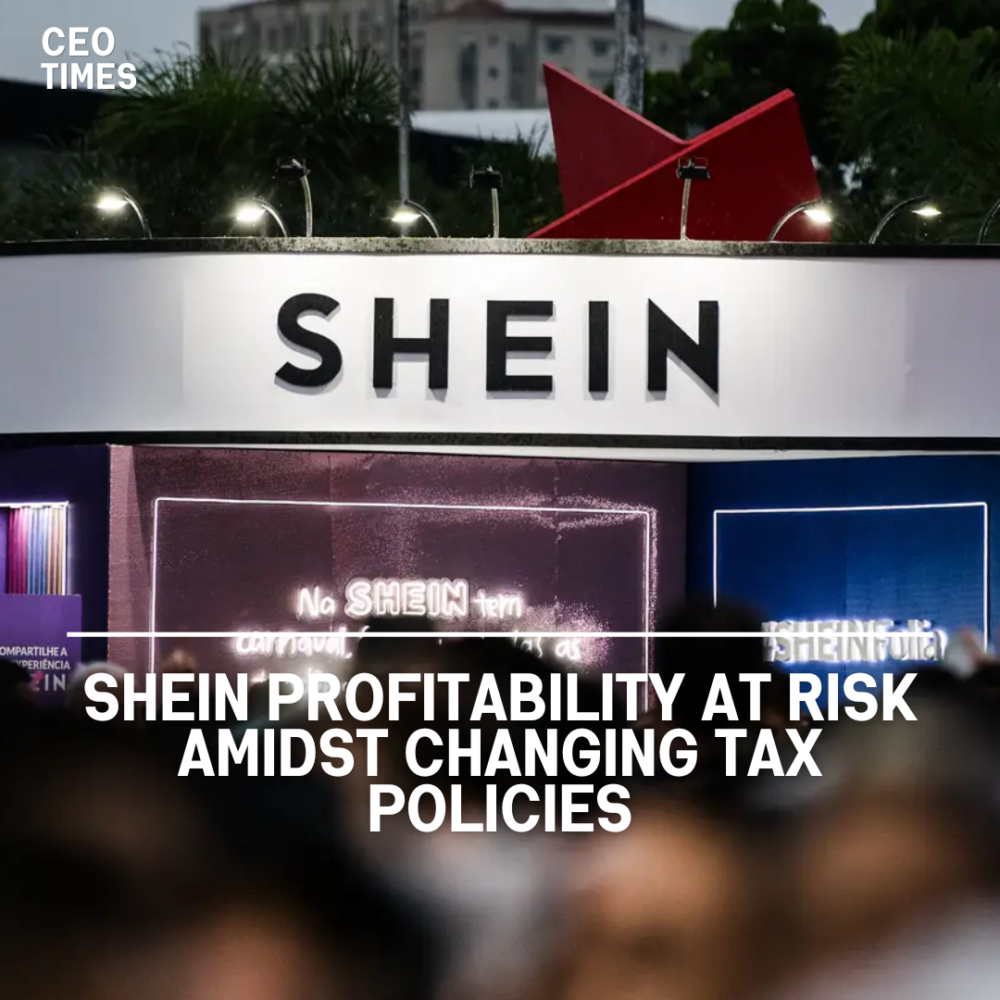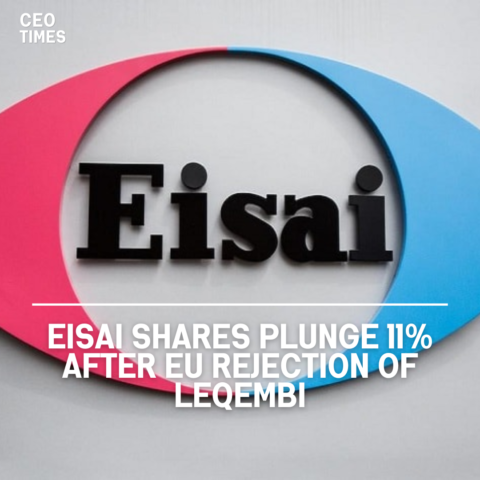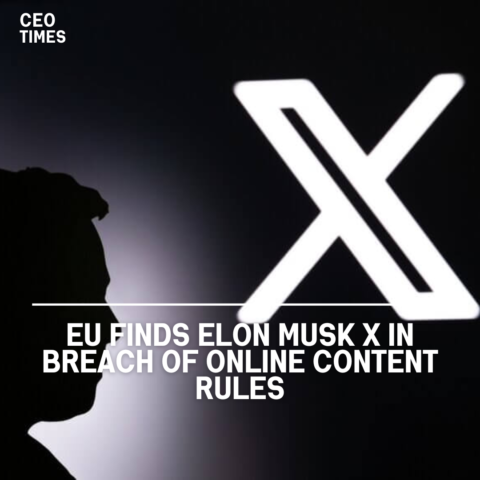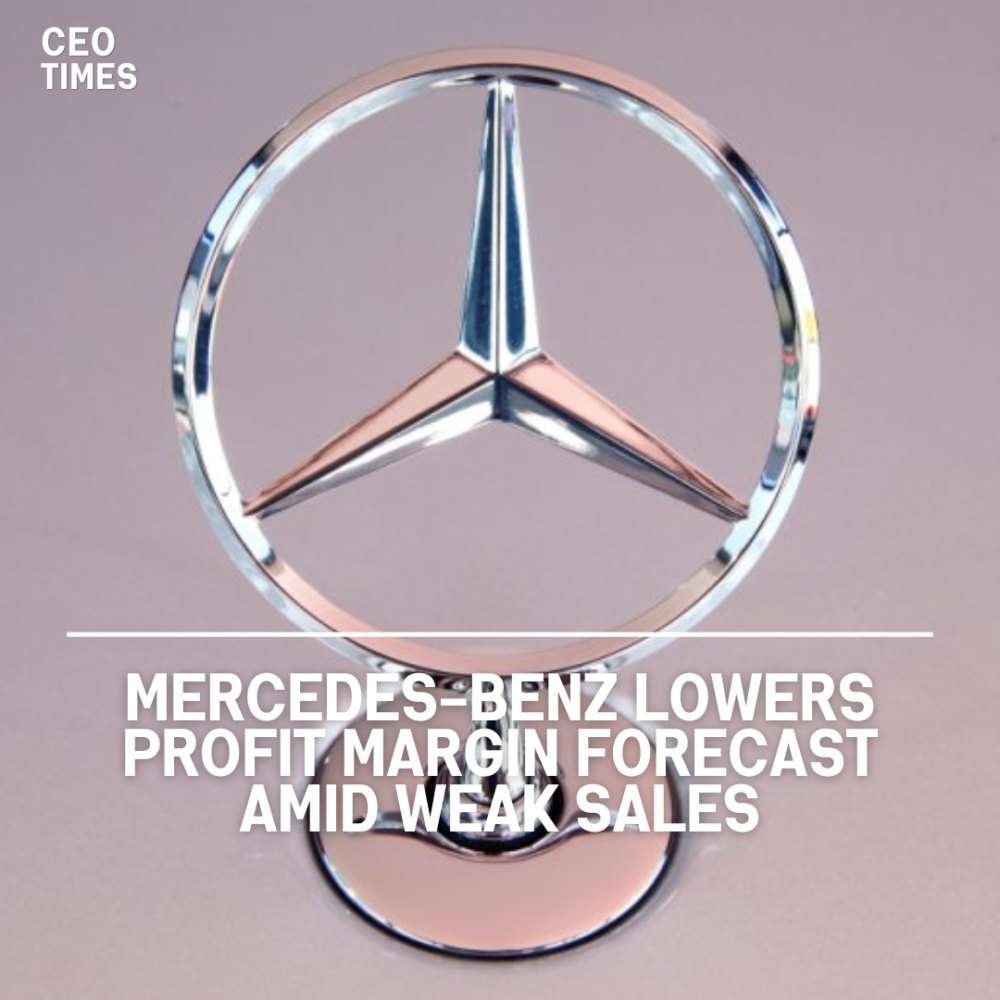Investors who focus on the sector said moves by authorities in the European Union and elsewhere to end tax breaks for low-value parcels threaten Shein’s profitability and risk denting the fast fashion retailer’s long-term attractiveness ahead of its planned stock market debut.
Shein IPO Plans and Valuation Concerns:
Reuters revealed last month that Shein, which sells $5 tops and $10 dresses online, confidentially filed early in June for a potentially blockbuster initial public offering (IPO) in London. The fast-growing, China-founded group’s ability to convince investors of the soundness of its business case will determine whether it can match the $66 billion valuation it achieved in a fundraising round last year.
Criticisms and Regulatory Changes:
Critics of Shein, including some lawmakers in the United States and Britain, argue it uses customs duty exemptions on low-value packages to undercut rivals on price and avoid customs inspections. The European Union is discussing abolishing the duty-free limit, currently 150 euros, as part of a customs reform proposed in May 2023. Above that threshold, a 17% import duty is applied to sports trainers, for example, and 12% to T-shirts.
Investor Concerns and Future Outlook:
“In my eyes, this is the biggest uncertainty facing this IPO at the moment,” said Adil Shah, portfolio manager at Delphi Funds, part of Storebrand in Oslo, which holds shares in retailer H&M. Shah plans to assess the investment case for Shein once the company provides more information.
In response to Reuters’ questions about investors’ concerns, Shein said its success comes not from the tax exemptions but from its “on-demand business model,” which it says reduces waste and its stock of unsold products. Shein offers a far wider selection than rivals, thanks to thousands of largely China-based suppliers that take small orders and scale up based on demand.
Shein’s Response to Policy Changes:
“We look forward to working with policymakers and industry peers to review current frameworks,” Shein told Reuters about several countries’ moves to close tax loopholes.




















